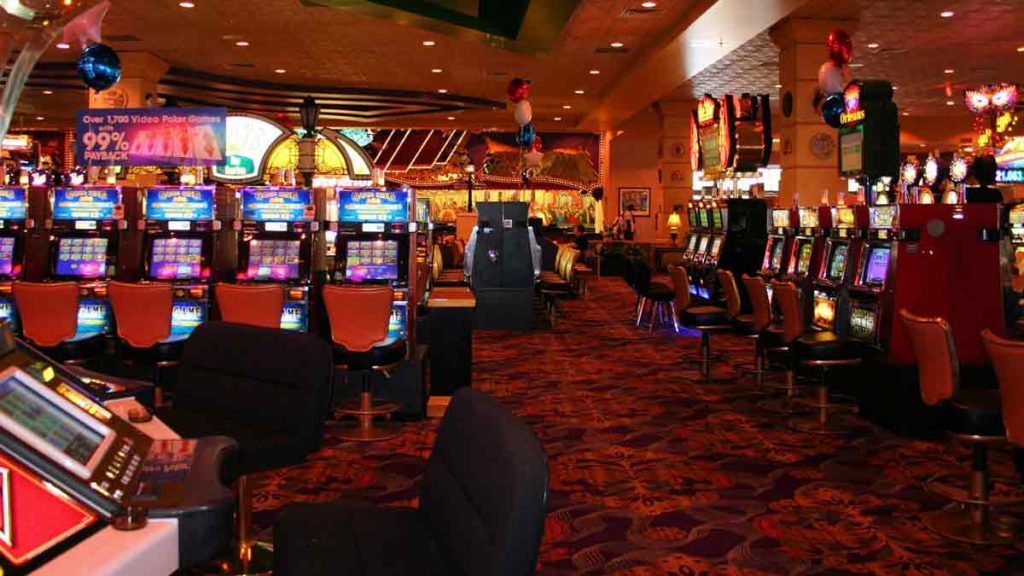The Pennsylvania Gaming Control Board faces mounting criticism over a proposed rule change that would automatically remove individuals from the self-exclusion list for problem gambling once their ban period ends. This move has ignited debate among addiction experts, casino representatives, and state officials, with many warning of its potentially harmful consequences.
Currently, individuals who voluntarily ban themselves from casinos must actively request removal from the self-exclusion list once their ban period expires. The proposed change seeks to align casino gambling rules with other forms of gaming, such as online betting, where bans are automatically lifted after the specified period.
What Addiction Experts and Advocacy Groups Are Saying
Stakeholders from addiction recovery and mental health sectors have expressed significant concerns. The Department of Drug and Alcohol Programs highlighted the risk of relapse in a public comment, stating that automatic removal could lead to financial ruin, relationship breakdowns, and even suicidal ideation. She described the proposed change as a step backward in safeguarding individuals recovering from gambling addiction.
Support for that stance has come from organizations like the Pennsylvania Association of Addictions Professionals and the National Association of Administrators for Disordered Gambling Services.
Jody Bechtold, CEO of The Better Institute and a gambling addiction specialist spearheaded a petition against the proposal. Bechtold emphasized that self-exclusion’s legal ramifications act as a vital deterrent for individuals during moments of impulsivity. The petition outlined key risks, including increased relapse rates, reduced consumer protection, and potential for tragic outcomes.
Casino Operators Weigh In
Representatives from three casinos joined the opposition, advocating for measures that maintain clarity and enforceability of self-exclusion rules. The current system, they argue, provides an essential layer of protection for at-risk gamblers.
However, Doug Harbach, communications director for the Gaming Control Board, noted that the current process sometimes leads to confusion. Individuals who mistakenly enter casinos after their exclusion period ends but before formally requesting removal can face trespassing charges. The board believes that automatic removal could streamline the process and reduce these incidents.
Public comments on the issue have largely mirrored the concerns of professionals, with some noting that automatic removal could make it easier for recovering gamblers to fall back into addictive behavior.
The decision on whether to amend the self-exclusion rules represents more than an administrative tweak; it is a pivotal moment for the state’s approach to responsible gaming. The Gaming Control Board has yet to announce when it will issue its ruling, but the outcome could redefine how Pennsylvania balances industry growth with consumer protection.
